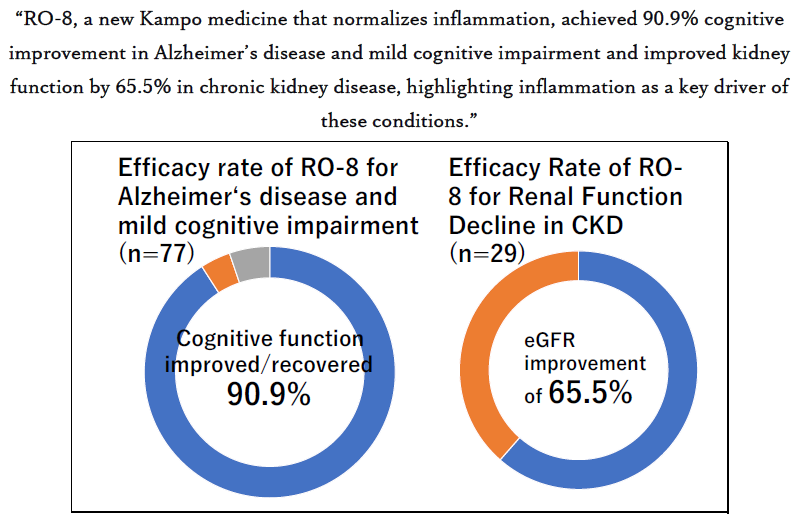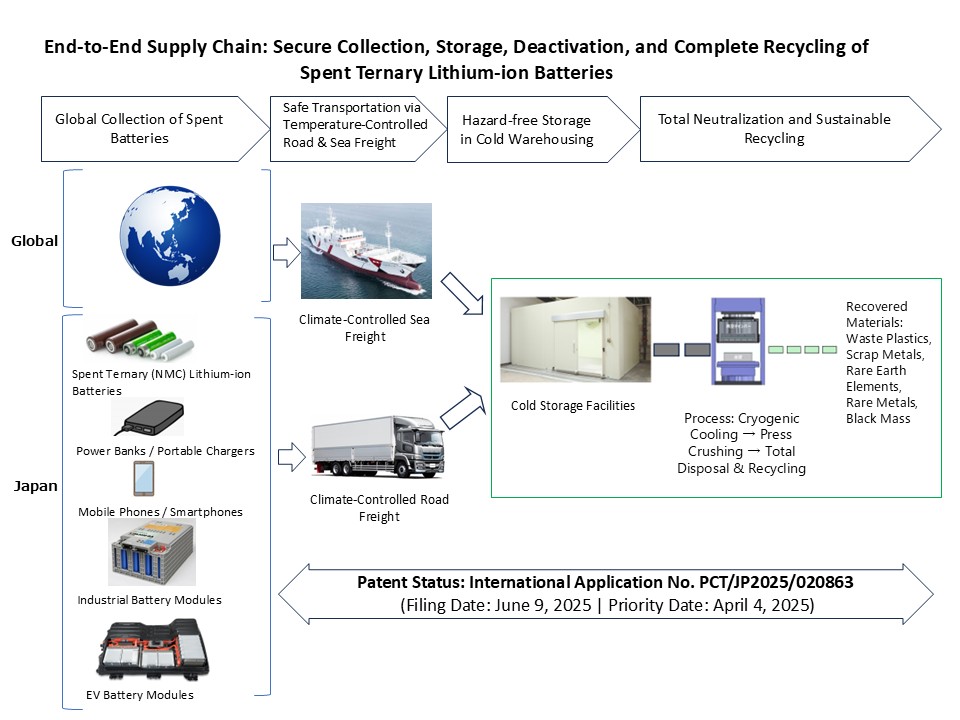
On November 19, 2025, the Tokyo District Court rendered a judgment in the copyright infringement lawsuit (Case No. 2022 (Wa) 2388) filed by Kodansha Ltd., together with KADOKAWA Corporation, Shueisha Inc., and Shogakukan Inc., against the U.S. IT company Cloudflare, Inc. (headquarters: San Francisco, California, USA).
The joint statement from the plaintiffs is as follows:
We hereby report that on November 19, 2025, the Tokyo District Court rendered a judgment recognizing Cloudflare, Inc.’s liability for damages in the copyright(*1)infringement lawsuit (hereinafter “this lawsuit”) filed by major Japanese publishing companies, KADOKAWA Corporation, Kodansha Ltd., Shueisha Inc., and Shogakukan Inc. (hereinafter collectively referred to as “we” or “the plaintiffs”) against Cloudflare, Inc. (headquarters: San Francisco, California, USA; hereinafter “Cloudflare”).
The plaintiffs notified Cloudflare, which had been providing CDN (Content Delivery Network) services to two massive manga piracy sites(*2) that posted over 4,000 manga works without permission and at their peak attracted over 300 million monthly visits combined(*3), that its CDN(*4)services were being used for operating manga piracy sites. We requested that the company take measures such as stopping the distribution of pirated content from servers under its management.
However, Cloudflare continued to provide services to the manga piracy sites even after receiving notices from the plaintiffs. Furthermore, the company continued to provide services to the manga piracy sites even after receiving not only infringement notices from the plaintiffs but also information disclosure orders from U.S. courts based on copyright infringement.
As Cloudflare continued to distribute pirated content even after receiving infringement notices in other cases as well, the plaintiffs had no choice but to file this lawsuit on February 1, 2022.
Subsequently, the case proceeded through hearings at one of the Intellectual Property Divisions of the Tokyo District Court. The judgment recognized that Cloudflare’s failure to take timely and appropriate action despite receiving infringement notices from the plaintiffs, and its negligent continuation of pirated content distribution, constituted aiding and abetting copyright infringement, and that Cloudflare bears liability for damages to the plaintiffs. The judgment, in that regard, attached importance to the fact that Cloudflare, without conducting any identity verification procedures, had enabled massive manga piracy sites to operate “under circumstances where strong anonymity was secured,” as a basis for recognizing the company’s liability.
The number of works subject to this litigation is one work per company, and the amount of damages recognized in the judgment totals approximately 3.6 billion yen (approximately $24 million at JPY150/USD) for four works alone. (Since the plaintiffs had only claimed a portion of the damages they suffered, the operative part of the judgment orders payment of a total of approximately 500 million yen (approximately $3.3 million.)
We believe that CDN services themselves are services for stable and efficient delivery of legitimate content to users and are beneficial services for the distribution of information and content via the internet. On the other hand, due to their nature, once CDN services are used by piracy sites, illegal pirated content can be distributed efficiently and on a large scale. Specifically, through CDN services, it becomes possible to operate massive piracy sites with tens of millions or hundreds of millions of monthly visits while using overseas servers specialized in concealing site operators’ identities, known as bulletproof hosting, and keeping distribution costs low.
Therefore, it has been noted in a government committee report(*5)that many other CDN service providers implement various measures to prevent their services from being used for illegal content distribution, such as verifying customer identities and removing illegal content from servers under their management when receiving notices from rights holders. In contrast, the same committee has pointed out that Cloudflare has not sufficiently implemented such preventive or responsive measures, and due to the feature of being able to receive services for free without sufficient identity verification, the company’s services continue to be used by many piracy sites.
This judgment clarified that the defendant bears liability for copyright infringement on such grounds as its failure to conduct any identity verification and its failure to take timely and appropriate action despite receiving infringement notices from the rights holders. We believe this is an important decision given the current situation where piracy site operators often hide their identities and repeatedly conduct large-scale distribution using CDN services from overseas.
We hope that this judgment will be a step toward ensuring proper use of CDN services. We will continue our efforts to protect the rights of works, creators, and related parties, while aiming for further expansion of legitimate content.
KADOKAWA Corporation, Kodansha Ltd., Shueisha Inc., and Shogakukan Inc.
(Legal counsels: Yuki Hirai — Sakurazaka Law Office;
Kensaku Fukui and Hajime Idei — Kottodori Law Office;
Tetsuo Maeda — Somei, Maeda & Nakagawa Law Office;
Makoto Ito and Norikazu Maruta — Rights Law Patent Office;
Hiroyuki Nakajima — Tokyo Flex Law Office;
Tatsuo Ninoseki — Shin Hirakawa-cho Law Office)
About KODANSHA Ltd.:
Kodansha is a leading Japanese publishing company known worldwide for its iconic manga titles such as Attack on Titan, Fairy Tail, and Blue Lock. Kodansha continues to shape global pop culture through its innovative storytelling and commitment to creative excellence.
(*1)To be precise, these are publication rights licensed to the plaintiffs. For the sake of simplicity, we use the term “copyright”.
(*2)Both of these massive manga piracy sites were operated from overseas with concealed identities, using overseas hosting servers that made it difficult to pursue liability. However, following the plaintiffs’ efforts to identify the operators, both sites were shut down after this lawsuit was filed.
(*3)According to a survey by the Authorized Books of Japan (ABJ).
(*4)A system that establishes servers (CDN servers) in various locations around the world and records/stores content files on these servers, enabling stable and efficient content delivery by distributing content files from servers closest to users.
(*5)”Study Group on Measures to Prevent Access to Piracy Sites on the Internet – Current Status Summary” https://www.soumu.go.jp/main_content/000836399.pdf (Japanese only)










